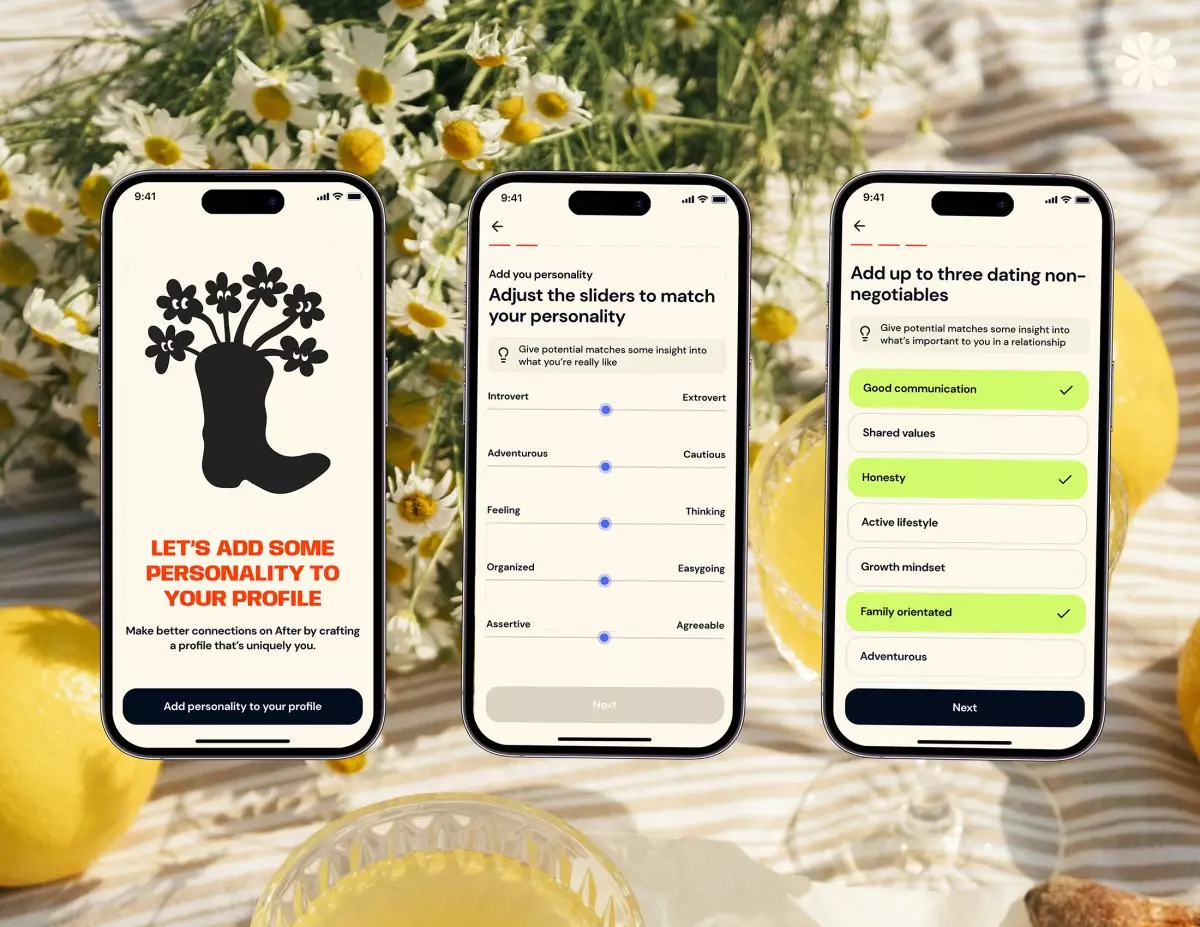In the era of digital dating, users often find themselves navigating a landscape riddled with abrupt connections and disconnections. Ghosting has become a common issue, leading to confusion and dissatisfaction among those seeking genuine relationships. Amidst this chaos, a new dating app called After has emerged, designed specifically to address the ghosting phenomenon while promoting meaningful accountability among users.
With its launch in Austin, Texas, After sets itself apart from the crowded field of dating apps by requiring users to articulate their reasons for unmatched connections. This radical approach aims to mitigate the emotional toll that comes with vanishing matches. By holding users accountable for their actions, After seeks to ensure that individuals can leave interactions informed rather than feeling discarded.
Katie Dissanayake, the founder of After, conceived this innovative app after a decade deep within the domain of dating applications. Having previously worked at Hud, Dissanayake gained invaluable insights into technology, encompassing various aspects like trust and safety, and product development. Yet, despite her wealth of experience, she recognized a significant void in how current dating apps handle user interaction and emotional intelligence.
Dissanayake’s vision with After is not rooted merely in innovation for innovation’s sake; it’s about alleviating problems commonly associated with dating app fatigue. By encouraging users to engage more thoughtfully, After aspires to create a more mature dating environment, allowing individuals to exit conversations with closure rather than confusion.
Accountability Features: A New Kind of Interaction
One of After’s standout features is its mandatory anti-ghosting requirement. When a match occurs, if one party fails to respond, they receive gentle nudges prompting them to engage. Should they choose to let the match expire without communication, they must select a reason from an expansive list that could range from “not feeling the chemistry” to “geographical distance.” This feature not only generates closure for the unresponsive party but also informs their match about the reason behind the disengagement, ultimately fostering a more compassionate approach to ending connections.
Moreover, After also incentivizes initial communication: if neither user takes the initiative to send a message after matching, the app will remind them to interact. By preventing the accumulation of unused matches—an overwhelming sensation often felt on other apps—After streamlines the dating experience and emphasizes the importance of meaningful connections.
Beyond just facilitating conversations, After recognizes that the journey towards building connections can be laden with insecurities and self-doubt. As such, the app also incorporates dating guides to assist users, offering personalized tips for enhancing profiles and improving chances of engaging matches. This coaching element could be particularly useful for users struggling with self-presentation, providing them with the tools to better navigate the dating landscape.
Additionally, After introduces features aimed at mental well-being, such as opt-in mental health check-ins. This unique offering allows users to reflect on their emotional state and usage patterns, encouraging breaks if they appear overly invested in their online dating interactions. By prioritizing mental health in this way, After distinguishes itself as a thoughtful alternative to conventional dating platforms.
A Freemium Model with Added Value
Operationally, After employs a freemium model, granting users basic access to the app at no charge. However, for those seeking extra features—like boosts and super likes—After has created an in-app currency called “petals.” This structure not only incentivizes user engagement but also promotes an ecosystem where added value is obtained through meaningful connections rather than sheer quantity.
After encapsulates a forward-thinking approach to the complexities of modern dating by infusing accountability, mental health awareness, and practical guidance into its user experience. As it launches in Austin, this app has the potential to cultivate a healthier dating environment, challenging the norms of ghosting and emotional disconnect that have plagued digital romance for too long. The question remains—will After change the narrative of dating apps, or will it merely be another fleeting attempt in the relentless pursuit of love? Only time will tell.

